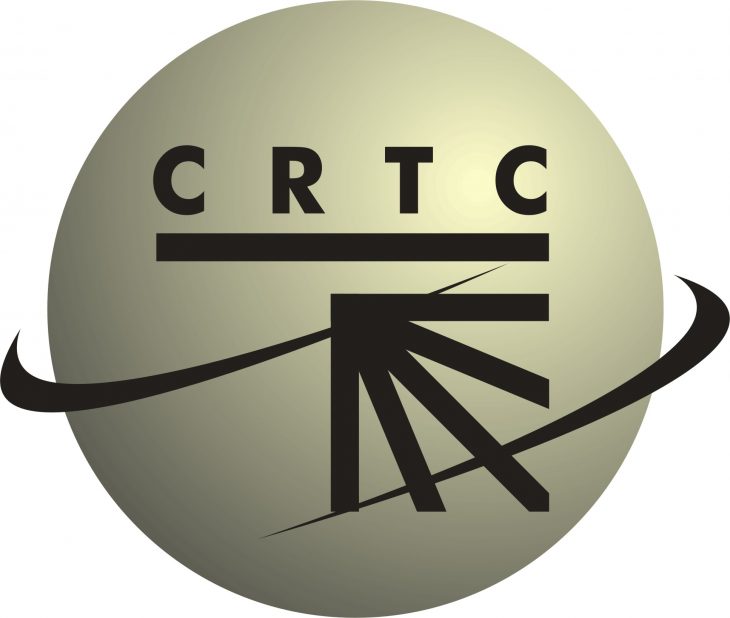
By Ahmad Hathout
GATINEAU – The CRTC has announced a second round of funding commitment from its $750-million Broadband Fund and it’s going to what the industry has often identified as a serious cost barrier to rural broadband: transport facilities.
On Thursday, the regulator announced five recipients for funds worth a total of $26.7 million, focusing on British Columbia, Saskatchewan and Ontario. Those companies are Rogers, Shaw, BH Telecom Corp., Columbia Basin Broadband Corporation, and Tough Country Communications Ltd., which are expected to connect 41 communities with 550 km of fibre transport.
The first announcement pledged $72 million for satellite and fibre and focused on Manitoba, the Northwest Territories (NWT), and Yukon. The fibre projects, which will be built by Northwestel, will be for transporting data for hand-off to the last-mile.
Crucially, today’s announcement’s focus on transport infrastructure illustrates the CRTC is paying attention to barriers to rural broadband deployment beyond a consumer retail price. The regulator launched a consultation about those barriers, which was unequivocal about the high costs to transport the data. Without decent transport, delivering broadband to households is impossible,
“The intent of funding transport infrastructure is to bring high-capacity connectivity closer to underserved areas that have not yet been able to attract investment,” CRTC spokeswoman Patricia Valladao said in an email.
Transport costs have been identified through a previous CRTC consultation as a barrier to rural broadband rollout. The regulator used “affordable access to transport” as an example of a possible barrier. Third party Internet access provider TekSavvy told the regulator the cost of transport services is “especially prohibitive,” while larger incumbent carriers such as Rogers, Telus, Shaw also expressed concern about the heavy costs of those services.
When the federal government was surveying how to construct the $1.75-billion Universal Broadband Fund, they received recommendations from the incumbents to allow for the money to be open to all kinds of infrastructure. Conceived of as a fund for backhaul infrastructure, Rogers recommended that money be able to be allocated to the transport facilities to alleviate costs.
Thursday’s projects must be open access as a stipulation for funding, meaning third-party providers will be able to ride the network and provide their own services. This has been a big ask from some in NWT’s legislature, whose government recently submitted recommendations to the regulator asking it to introduce measures to bring in competition in the market it said is too reliant on Bell-owned Northwestel.
“With better transport infrastructure, greater competition can be stimulated in the region, since other service providers can make use of the wholesale open access services that funding recipients must provide on funded transport infrastructure to provide competitive access services in those areas,” Valladao said.
So far, the Broadband Fund has committed nearly $100 million for 92 communities representing approximately 18,000 households. The CRTC received 586 applications requesting more than $1.5 billion in total funding in the second call for applications.


